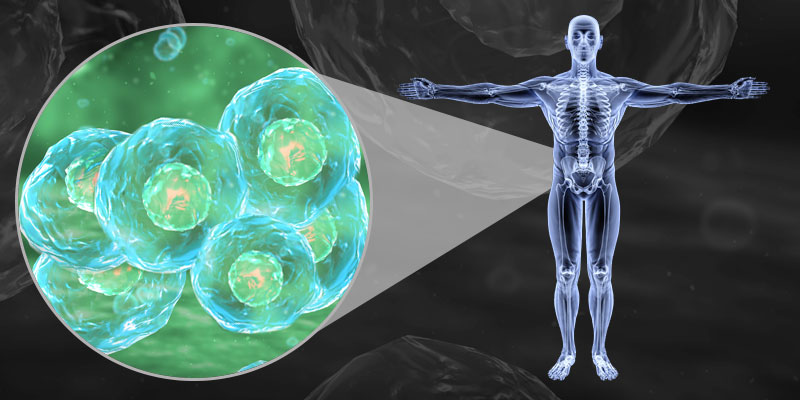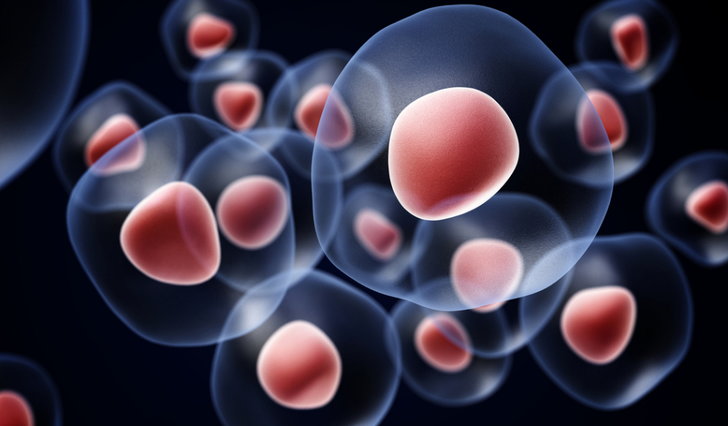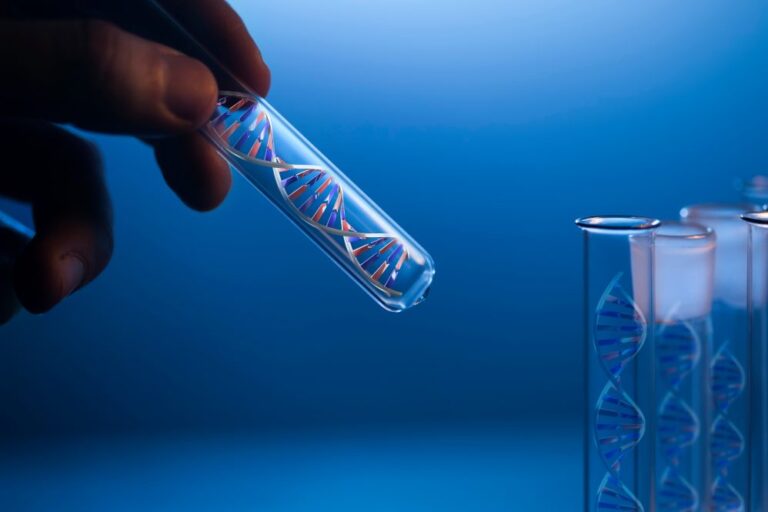Growth Factors are essential components of our lives, as they play a significant role in the development and growth of various living organisms. They are small proteins that help in regulating cell growth, division, and survival. These proteins act as messengers, communicating with cells and influencing their behaviour.
The first Growth Factor was discovered in the late 1970s and since then, scientists have discovered several different types, each with unique properties and functions. Some of the most important Growth Factors include Epidermal Growth Factor (EGF), Fibroblast Growth Factor (FGF), Insulin-like Growth Factor (IGF), Nerve Growth Factor (NGF), and Platelet-Derived Growth Factor (PDGF), among others.

The growth factors industry has been rapidly expanding due to the increasing demand for cell therapies and regenerative medicines. With the advancements in biotechnology, the market is expected to grow even more as new growth factors are discovered and developed for therapeutic purposes. This presents a huge opportunity for players in the industry to innovate and offer innovative solutions to address unmet medical needs.
Epidermal Growth Factor (EGF) is a key component in the regulation of cell growth and division. It is produced by cells and acts on neighbouring cells to promote cell growth, division, and survival. EGF also plays a critical role in wound healing and tissue repair, as it stimulates the growth of new blood vessels and skin cells.
Fibroblast Growth Factor (FGF) is another important Growth Factor that is involved in the regulation of cell growth and division. It is essential for the development of new blood vessels, the formation of cartilage and bone, and the maintenance of skin cells. FGF also plays a crucial role in wound healing, as it helps in the formation of new tissue and the repair of damaged tissue.

Insulin-like Growth Factor (IGF) is a Growth Factor that is structurally similar to insulin and is essential for cell growth and division. IGF also plays a critical role in the regulation of metabolism and the maintenance of healthy bones. Additionally, it is involved in the regulation of insulin sensitivity and glucose metabolism.
Nerve Growth Factor (NGF) is a key component in the development and growth of nerve cells. It is essential for the formation and maintenance of healthy nerve cells and helps in the preservation of nerve function. NGF is also involved in the regulation of pain perception and the healing of damaged nerve cells.
Platelet-Derived Growth Factor (PDGF) is a Growth Factor that is produced by platelets and is involved in the regulation of cell growth and division. PDGF is essential for the healing of wounds, the formation of new blood vessels, and the growth of skin cells. Additionally, PDGF also plays a critical role in the development of bone, cartilage, and connective tissue.

Growth Factors are produced by a variety of cells and are regulated by various hormones and signalling pathways. They are essential for the proper functioning of cells and the maintenance of healthy tissue. They also play a critical role in the regulation of wound healing and tissue repair.
Growth Factors have many therapeutic applications in the treatment of various diseases and disorders. For example, they can be used to treat conditions such as osteoarthritis, wound healing, and tissue repair. They are also used in the treatment of cancer, as they play a crucial role in the regulation of cell growth and division.
One of the most promising applications of Growth Factors is in the field of regenerative medicine. Growth Factors have the potential to promote the growth and regeneration of tissues, which could have a significant impact on the treatment of various diseases and conditions. For example, they could be used to regenerate damaged or diseased tissues, such as the heart, liver, or nerves.
In conclusion, Growth Factors are essential components of our lives, as they play a significant role in the development and growth of various living organisms. They are involved in the regulation of cell growth, division, and survival and are essential for the proper functioning of cells and the maintenance of healthy tissue.

